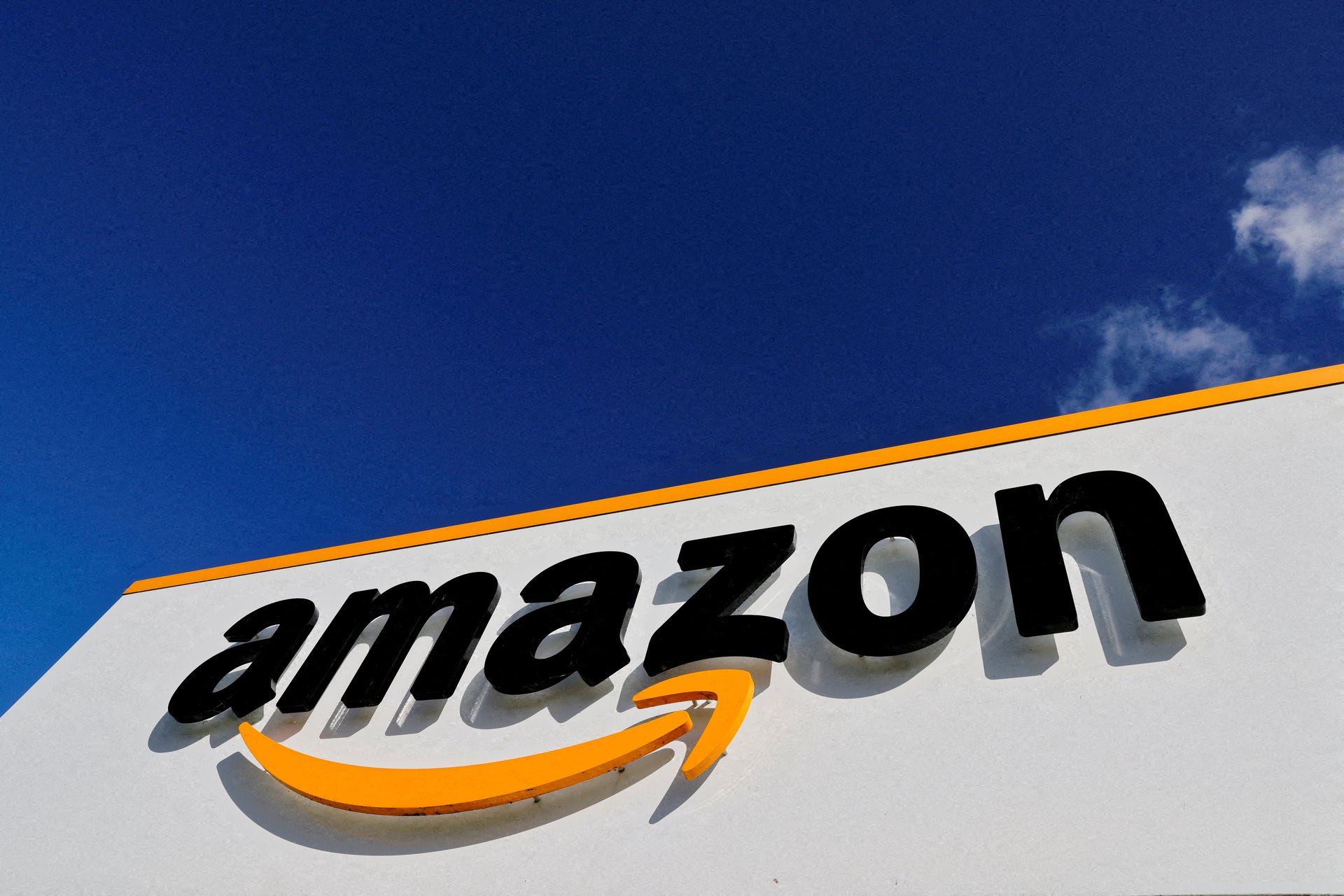Europe might block Amazon's purchase of Roomba maker iRobot
iRobot stock fell sharply on news of a roadblock to the deal

Amazon’s planned $1.7 billion acquisition of robotic vacuum cleaner (RVC) kingpin iRobot now faces a major hurdle: the European Commission. After months of investigation, the EU antitrust watchdog sent Amazon a statement of objections outlining its concerns about the deal, raising the possibility of the purchase being blocked.
Suggested Reading
Following reports of the deal falling through, iRobot stock plunged. It was down 27% to $17.14 a share in early-afternoon trading on Friday, further denting the Massachusetts-based firm’s future outlook as an independent company.
Related Content
Amazon struck a $61 per share deal for iRobot in August 2022, a price that was later reduced to $51.75 per share. Since the announcement of the deal, iRobot shares have plummeted over 66%. Currently priced at $16.77, they are trading at less than a third of the amended price that Amazon has agreed to pay. The purchase would expand the e-commerce giant’s range of smart offerings, which now includes thermostats, the Alexa voice assistant, security devices, and wall-mounted displays.
Why the EU wants to block the Amazon-iRobot deal
But it all may be for naught. At the heart of the EU’s concerns lies the potential stifling of competition in the rapidly growing market for robot vacuums. “Amazon may have the ability and the incentive to foreclose iRobot’s rivals by engaging in several foreclosing strategies aimed at preventing rivals from selling RVCs on Amazon’s online marketplace and/or at degrading their access to it,” the commission said when it first flagged the deal in November.
With Roomba boasting a dominant market share of 57%, the commission fears that merging the two companies could give Amazon an unfair advantage, allowing it to control key technology, data, and distribution channels, ultimately leaving consumers with fewer choices and potentially higher prices.
While Amazon may argue the deal would benefit consumers by bringing together innovative technologies and streamlining production, the EU remains unconvinced. The statement of objections essentially sets the clock ticking for Amazon to address the commission’s concerns, with a deadline of Feb. 14.
Amazon already missed a deadline to secure the iRobot deal
The company had the opportunity to offer remedies, such as divesting parts of its business or agreeing to limitations on its business, in a bid to appease the regulators, but it missed the Jan. 11 deadline.
If Amazon, which was the subject of an antitrust lawsuit last September by the US Federal Trade Commission after months of monitoring, totally fails to convince the EU, the consequences could be severe. Beyond the immediate impact on the two companies, the EU’s scrutiny of the Amazon-iRobot deal will send a wider message about its commitment to protecting fair competition in the digital age.
Whether iRobot finds itself under the Amazonian umbrella or not, navigating a path forward on its own remains to be seen. One thing is clear: the dust surrounding this tech tango isn’t settling anytime soon, and the final sweep may well be determined in the courtrooms of Brussels.